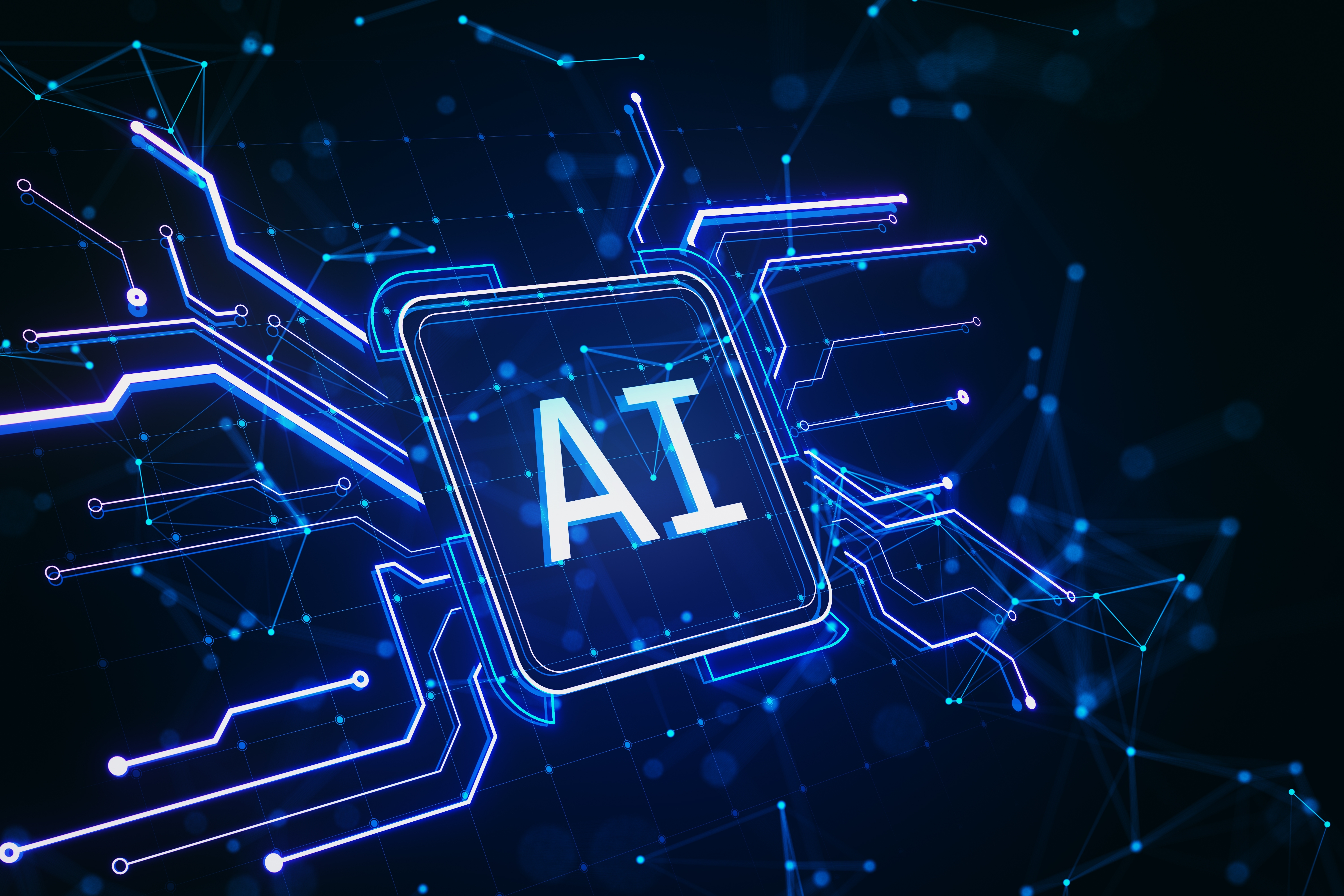
How AI will shape business strategy
Submitted by:
Sara Waddington
As businesses navigate the transformative potential of artificial intelligence (AI), PwC's U.S. Chief AI Officer, Dan Priest, outlines how AI will shape our lives. In his role, he is responsible for guiding both PwC and its clients through the complexities of AI to harness its power effectively. PwC works with major companies to help develop innovative AI-powered solutions, helping AI to become an intrinsic part of their business strategy and operations to power growth.
In this Q&A, Dan Priest shares his insights on how he predicts AI will probably evolve and impact industries in 2025. He also details the specific ways that he believes it will reshape business strategy and the steps that business leaders can take to create long-term AI value in 2025 and beyond.
======
PwC recently launched its 2025 AI Business Predictions. How will AI reshape businesses in 2025?
Dan Priest (DP): AI is becoming intrinsic to every aspect of how companies operate, and we predict that 2025 will bring a new age of innovation – one that moves away from chasing AI use cases to using AI to power business strategy. Everything from strategy and customer offerings, to how you manage risk and preserve value, is going to evolve. The decisions made by leaders regarding AI investments will probably be the most significant of their careers, shaping the future direction and competitiveness of their organisations.
The journey towards making AI integral will involve recognizing the importance of both transformative breakthroughs and the accumulation of incremental gains at scale. This dual focus will drive notable improvements in productivity, speed to market and revenue, with increases achieved systematically across different areas of the business. In 2025 and beyond, this strategic approach will lead to long-term reinvention across industries.
Which steps should companies take to implement AI efficiencies effectively?
DP: The Japanese concept of kaizen emphasizes continuous improvement through incremental changes. That’s how business leaders need to think about AI: a foundational technology that can improve many small processes and, over time, become intrinsic to every aspect of your operations.
This involves taking a portfolio approach by balancing a systematic "ground game" for incremental wins with "roofshots" (attainable projects that require more attention) and "moonshots" (projects that are highly rewarding and require significant resources and leadership focus). This phased approach prioritises scalable gains, using each small win to fund future efforts, while targeting transformative projects that present innovative business models and customer interactions.
To accomplish this, businesses should conduct a strategy assessment to identify what AI can and will do for their industry. Next, when it comes to data, they should embrace a "less-is-more" approach, meaning it doesn’t need to be all perfect at once. Instead, as part of the core strategy, set priorities for which segments of data architecture value should be harvested from first. From there, focus on finding the right data amount to modernise. Lastly, they should measure success with business-relevant KPIs and always balance any automation with human oversight.
These steps can help organisations to stay on the leading edge and ensure that their AI journey is as smooth and successful as possible in 2025.
How will AI impact a company’s workforce culture in 2025 and beyond?
DP: There is an exciting shift happening with the workforce and AI, where digital workers (known as AI agents) have the potential to double the workforce. But not in the way that many might expect.
In 2025, we predict that organisations will think of AI agents as essential to their workforce strategy. These digital workers will join teams and take on roles that can help to boost speed to market and transform customer interactions. The key here is a partnership. Humans will still lead the charge but will help to guide and collaborate with AI agents to increase their potential. As a result, workflows will change fundamentally, and companies will need to adapt by incorporating these digital workers into their long-term strategies.
To make the most of these opportunities, businesses should shift mindsets, update HR practices and establish a strong Responsible AI framework to mitigate any risks to make sure that these agents are being used effectively.
How is AI expected to accelerate product development?
To read the rest of this article in the July/August issue of ISMR, see https://joom.ag/41wd/p36
